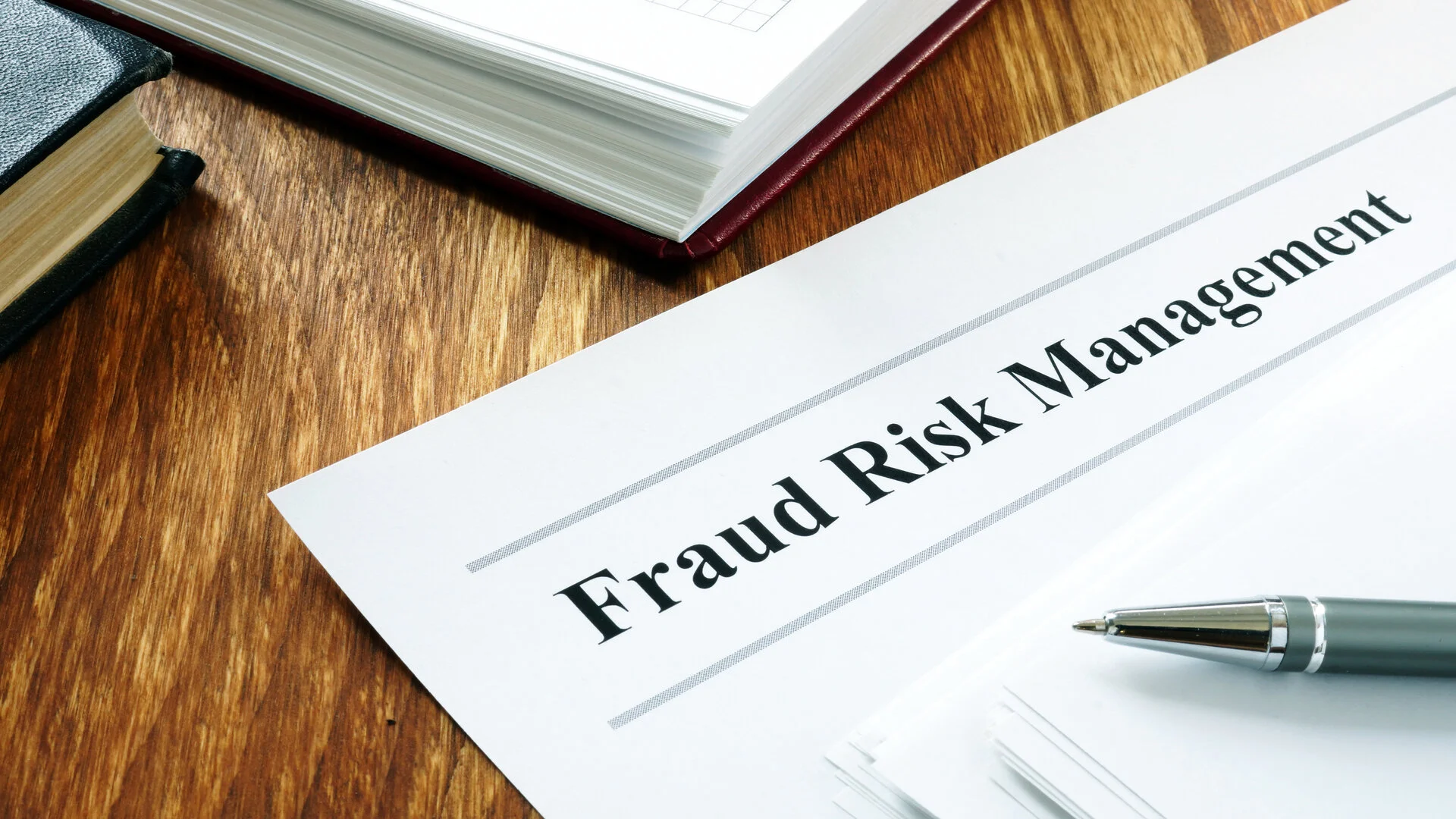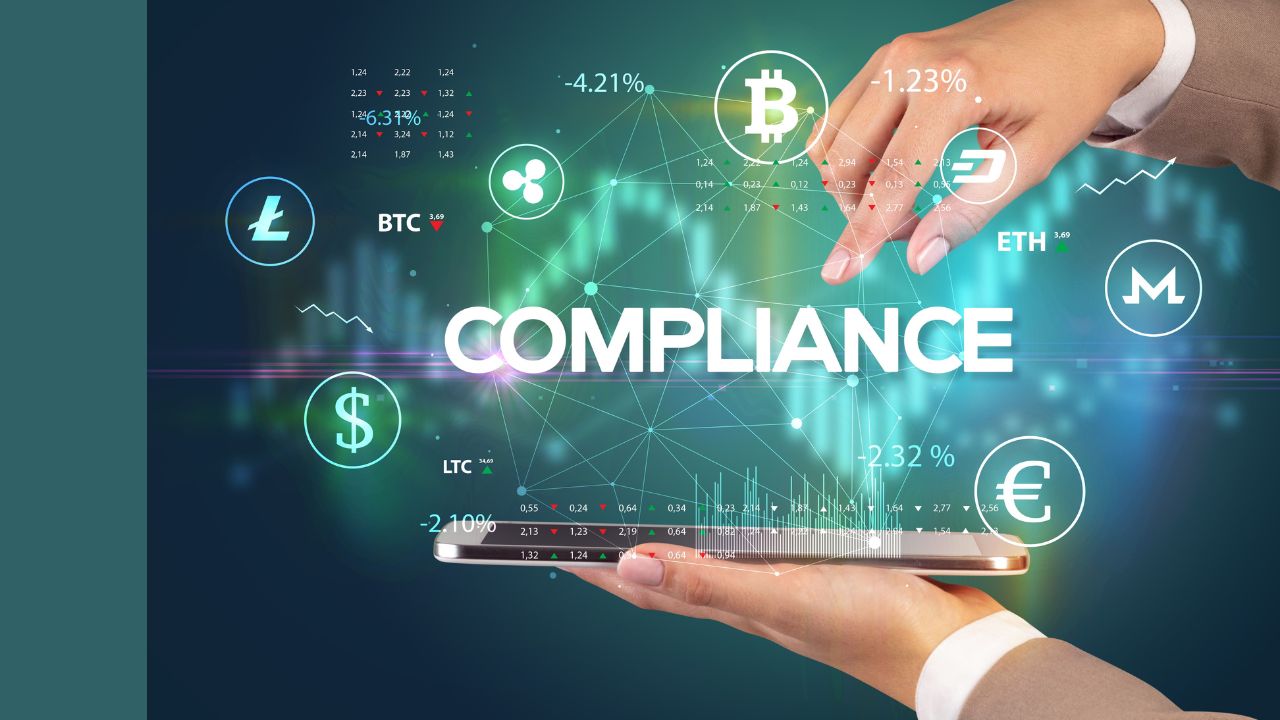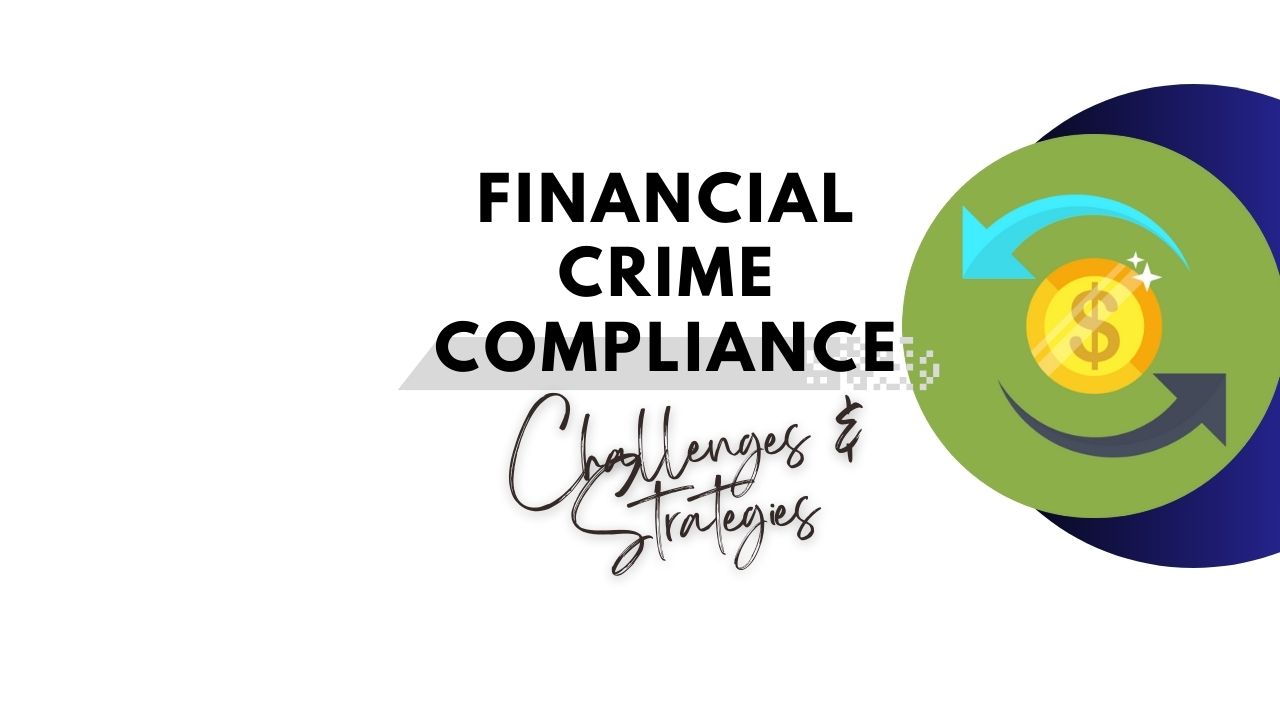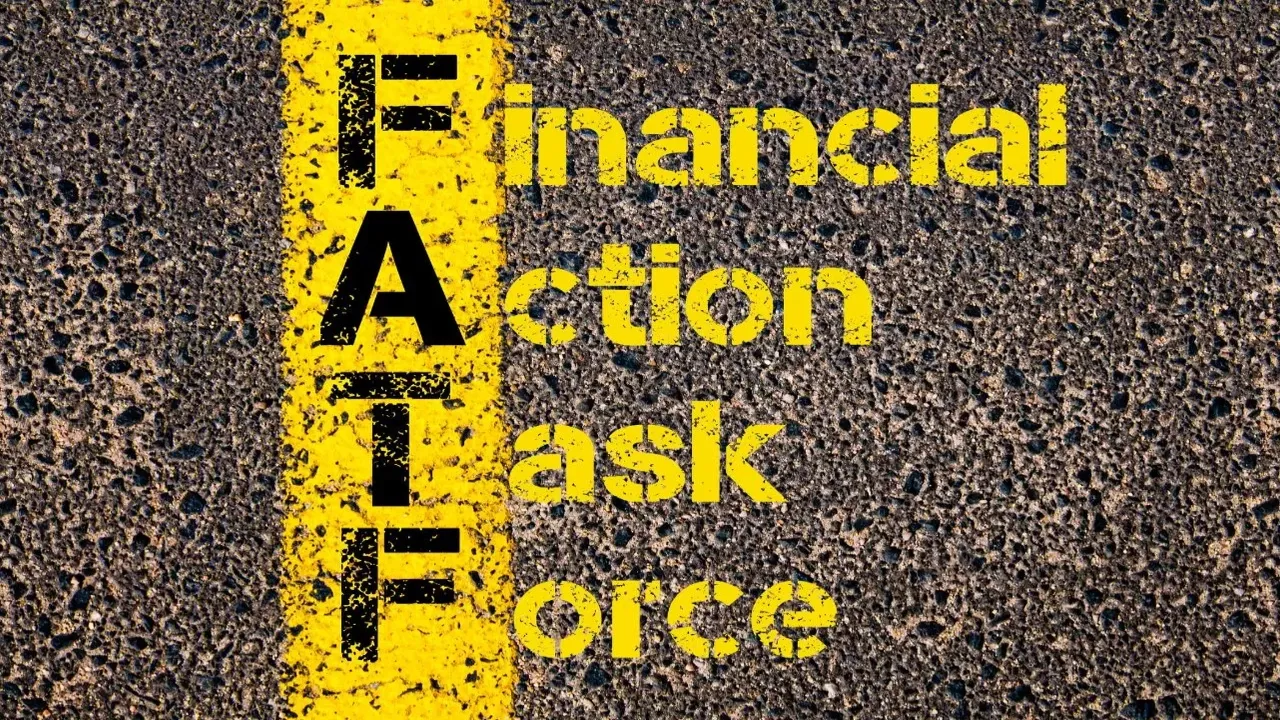
Digital Services
How AI-Driven Digital Automation is Driving the Future of Mortgage Underwriting?
Mortgage underwriting is one of the most critical processes in financial institutions to measure the level of risk associated with...

Digital Services
Applications of Advanced Analytics in Mortgage Origination
Mortgage origination is a complex and ever-evolving landscape that requires lenders to keep a proactive approach to risk management, balancing...

AML Compliance
What is Customer Due Diligence and How Does It Work?
Customer Due Diligence (CDD) is a Know Your Customer (KYC) and Anti-Money Laundering (AML)/Countering Terrorism Financing (CTF) regulatory requirement for...

Financial Crime
Fraud Risk Management: Key Challenges in Banking
Fraudulent activities are becoming more sophisticated in banking and financial services with the advent of new technologies and digital banking....

AML Compliance
What is Enhance Due Diligence (EDD) in Banking and Financial Services
At its core, Enhanced Due Diligence is a comprehensive set of KYC/AML procedures that banks and financial institutions follow to...

AML Compliance
Real-Time Payment Fraud Detection & AML Compliance: Expert Strategies for Banks
In the constantly changing world of banking, spot payment scams as they happen (frauds) and money laundering are issues that...

AML Compliance
Evolving AML Trends: How Global Sanctions and Regulations Impact Compliance Strategies
In recent years, the landscape of Anti-Money Laundering (AML) violations and fines has seen significant developments influenced by global sanctions,...

AML Compliance
How to Build a Robust Transaction Monitoring System for AML Compliance: Guide for Bankers
The banking industry continues to build robust AML compliance systems and practices amid growing financial crime threats and volatility. In...

Compliance
How to Enhance Fraud Detection in Digital Payments – A Guide for Banks
The shift towards real-time or instant payments is becoming increasingly common worldwide. However, with new payment systems, such as digital...

Financial Crime
What is Correspondent Banking and Its Associated AML Risks?
Correspondent banking is a critical component of the global financial system, which enables one bank to provide cross-border payment services...

Compliance
Cybersecurity Laws, Regulations, and Standards for the Financial Services Industry
With the growing amount of personal and business data in the custody of financial institutions, they face unprecedented risks to...

Compliance
What is Transaction Laundering: A Growing Threat to AML Compliance
Transaction laundering is a process through which unknown entities use and process their payments through facilities provided by a merchant...

Compliance
The Challenges of Cryptocurrency Compliance – How Banks Can Overcome Them
Cryptocurrency is a digital or virtual currency that has revolutionized the financial services industry. Cryptocurrency offers both opportunities and poses...

Financial Crime
How to Enhance the Efficiency of Financial Crime Compliance Program
A Financial Crime Compliance (FCC) program, also called the anti-money laundering (AML) program, ensures alignment with applicable laws, regulations, policies,...

Financial Crime
The Rise of Cryptocurrency: Benefits, Risks, and Mitigation Strategies
The world transcended from national or regional markets to a global marketplace in the 21st century, placing the impetus on...

Financial Crime
How Money Laundering Schemes Changed in the Digital Age
Technological developments, especially in the financial services sector, have provided criminals with new avenues of money laundering. For instance, criminals...

Financial Crime
Identifying Predicate Offenses to Strengthen AML/CFT Compliance Strategy
Understanding predicate offenses is critical for banks and financial institutions to prevent, detect, and report money laundering activities and strengthen...

Financial Crime
6 Types of Money Laundering Typologies Banks Must Know
Money laundering is one of the most critical challenges faced by banks and financial institutions in the United States and...

Financial Crime
Pig Butchering Scams: Red Flags and Mitigation
Pig butchering scams involve scammers contacting potential victims and gaining their trust by befriending or flirting with them. Gaining a...

Financial Crime
How to Improve Watchlist Screening Process Effectiveness
Watchlist screening refers to the process of identifying and checking the customers, such as individuals and entities, against global watchlists....

Financial Crime
U.S. Treasury Releases 2023 Illicit Finance Risk Assessment of DeFi
The U.S. Department of the Treasury on April 06, 2023, released a report, titled Illicit Finance Risk Assessment of Decentralized...

Financial Crime
The Evolution of FATF Recommendations for AML/CTF Compliance
Financial Action Task Force (FATF) is an intergovernmental policy & standard-setting body of the U.S. Department of the Treasury dedicated...

Financial Crime
Cryptocurrency and Money Laundering: An Overview
Summary: Cryptocurrency or Convertible Virtual Currencies (CVCs) are increasingly used as a part of financial crimes like money laundering and...

Compliance
What is Financial Crime Compliance (FCC)?
Financial Crime Compliance (FCC) is a process to ensure your bank or financial institution is meeting the policies, standards, and...

Financial Crime
Financial Action Task Force (FATF): History, Functions, Lists, and Recommendations
The Financial Action Task Force (FATF) is an intergovernmental organization that sets international standards and rules to prevent financial crimes...

Financial Crime
5 Key Takeaways From Recent FinCEN Alert on Human Smuggling on the Southwest Border
The Financial Crimes Enforcement Network (FinCEN) released a new alert focused on human smuggling and trafficking across the United States’...

Financial Crime
What is Financial Crime Risk Management (FCRM)?
Financial crime risk management or FCRM refers to the process of protecting an organization’s finances from criminal or fraudulent activity....

Financial Crime
FATF Risk-Based Approach to Managing Financial Crime Compliance – Guidance for Banks
Adopting a “risk-based approach” or RBA is crucial for financial institutions to meet compliance with anti-money laundering (AML) regulations. The...

Financial Crime
Why Adopt Robotic Process Automation to Fight Financial Crimes (5 Benefits)
Financial crimes have been a growing problem for banks and other financial institutions. Offenses like money laundering have drawn increased...

Financial Crime
Managing Financial Frauds with Intelligent Digital Solutions
The onset of the pandemic saw a humongous increase in the number of financial crimes all around the world. According...

Financial Crime
How do Banks Tackle Financial Crimes? The Key Lies in Risk-Based Approach and Domain-Led Expertise
Businesses worldwide are undergoing a wave of disruption led by shifts in technology, mindset, and culture. Amid these upheavals, organizations...
